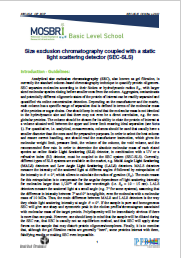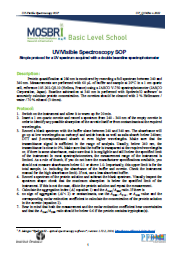BLS1: Quality control for Biology (QC4Bio)
Dates: Monday 4th– Friday 8th April 2022
Location: Institut Pasteur, Paris, France (Pasteur-PFBMI)
Full address: Institut Pasteur, Room 3006, Bâtiment Metchnikoff, 25 rue du Docteur Roux, 75015 Paris
Number of participants: 20
It is no longer possible to apply for this course.

Description of the course:
This basic-level training course is aimed at biologists, immunologists, pharmacologists, biochemists, structural biologists, etc., who want to improve their skills in quality control of protein samples, and more specifically on the analysis and optimization of their samples for a variety of downstream applications. The objective is to help warranting more productive, robust and reproducible research by applying quality control pipelines systematically to all purified protein samples.
The course will cover different biochemical and biophysical techniques such as chromatography, dynamic and static light scattering, viscometry, circular dichroism, mass spectrometry, and differential scanning fluorimetry. Hands on training will be provided on basic quality control of purified proteins, as well as on buffer and storage optimization. Trainees will be allowed to bring their own samples to use during the practical sessions. These sessions will be complemented with dry practical tutorials on purification strategies as well as on the choice of molecular-scale biophysical measurements to complement their studies.
Outline of the course:
The course will start on the morning of Monday 4th of April and end on Friday 8th of April afternoon, and will combine both theoretical and practical content. The course will provide time slots for exchange between trainers and trainees, as well as between students. At the end of the course, students are expected to have acquired all the skills to apply the techniques in their institution in full autonomy.
The course will provide theoretical lectures (16h), dry tutorials (7h), wet practicals (10h) on sample quality assessment and sample optimization. To that avail, the theory and practicalities of different approaches and techniques will be covered, such as:
- Soluble protein purification
- Membrane protein purification
- Multi-protein assembly purification
- Capillary Electrophoresis
- UV-visible spectrophotometry
- Dynamic light scattering
- Taylor dispersion
- Circular Dichroism
- SEC coupled to static light scattering
- DSF Thermofluor/nanoDSF
- Quality control for biological applications (In vivo experiments, immunology…)
- Quality control for biophysical applications (AUC, CD, MST, ITC, SPR, BLI, …)
- Quality control for structural applications (NMR, SAXS, HDX-MS, crystallography, cryo-EM)
Students are encouraged to bring their own samples to train on their system. Please specify in the application the characteristics of the samples you wish to bring.
Other details:
The course is aimed at trainees with little experience in the domain of people wanting to acquire new scientific and technical skills: graduate and PhD students, post-doctoral fellows, early career scientists, technicians, core facility staff. The course will be open to 20 selected participants that should come from places where such training is not available locally or in close proximity. The scientific committee will favour the selection of candidates who work or study in institutions without expertise in these types of methodologies and technologies. The participants should show that the outcome of the course will be used directly in their projects and activities.
Registration to the course will be free of charge. Ten travel bursaries of a maximum 400 euros each will be offered to cover travel costs. Successful applicants will be informed about the eligible expenses when they receive their formal acceptance letter.
Download a pdf version of a poster for this course:
The MOSBRI Basic Level School on Quality Control for Purified Proteins (QC4Bio) was held at Institut Pasteur, France in April 2022
20 participants from 11 countries attended the MOSBRI school (BLS1).
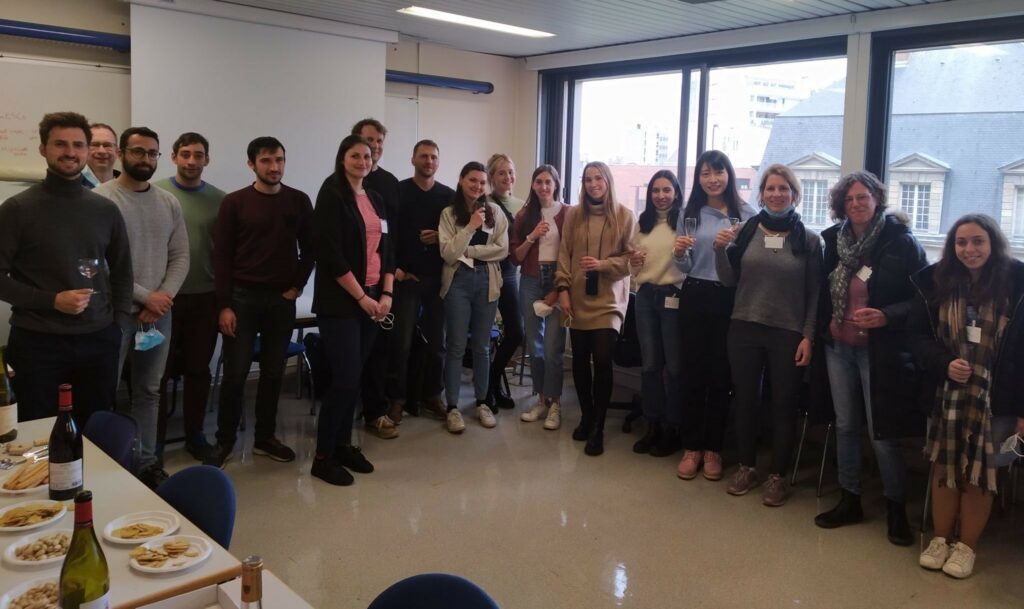
Course material
The following presentations were given as part of the course. Select the filename to download the file.
Lecture 1 – Introduction to quality control
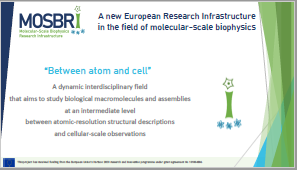
Lecture 2 – Protein production
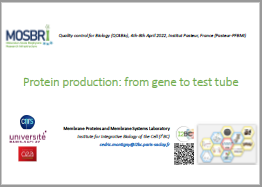
Lectures 3 & 4 – Protein purification, chromatography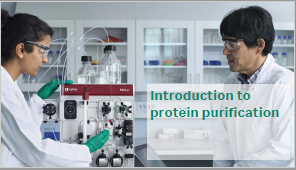
Lecture 5 – UV spectroscopy and circular dichroism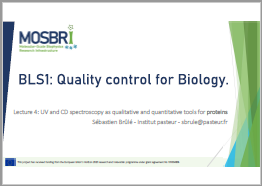
Lecture 6 – Dynamic light scattering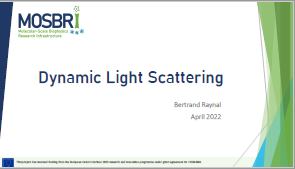
Lecture 7 – Mass spectrometry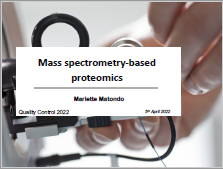
Lecture 8 – SEC-SLS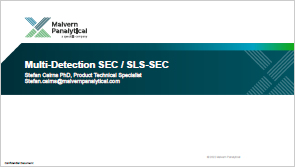
Lecture 9 – DSF Thermofluor, Native nanoDSF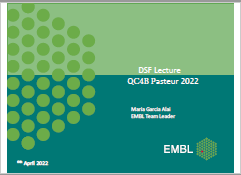
Lecture 10 – Electron microscopy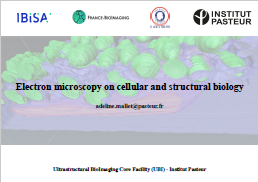
Standard operating procedure documents.
SOP – Dynamic light scattering
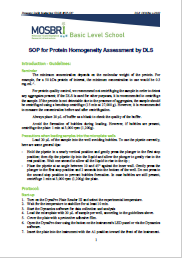
SOP – Mass spectrometry
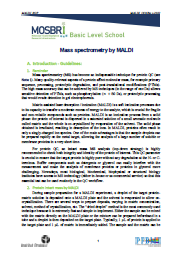
SOP – NanoDSF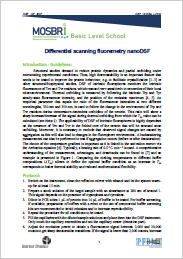
Application to take part in the course
The course is limited to 20 participants and therefore any interested parties will need to submit an application for consideration to take part.
Who is eligible to apply:
Anyone with a workplace/host institution in one of the EU member or associated states may apply to attend this course (this includes people from the UK). Applicants from industry are also welcome. It is expected that the applicant has at least a basic knowledge of molecular biology, chemistry and/or biophysics and that it is applicable to their area of research/work. Applications from scientists in the early-stage of their career are particularly encouraged and we will strive to obtain a gender balance of the participants in the course.
How to apply:
The application consists of:
- submission of a completed course application form which includes:
- motivation for attendance
- a short scientific CV
- if you are a student or postdoc, a reference letter.
Once the application period is closed, all submissions will be reviewed and the applicants will be informed of the outcome.
When to apply:
It is no longer possible to apply for this course. The applications received are under review and applicants will be informed once a decision has been made.
Application deadline:
The deadline for submission of an application to participate in this course is: 27th February 2022. Deadline extended to the 3rd March 2022.
